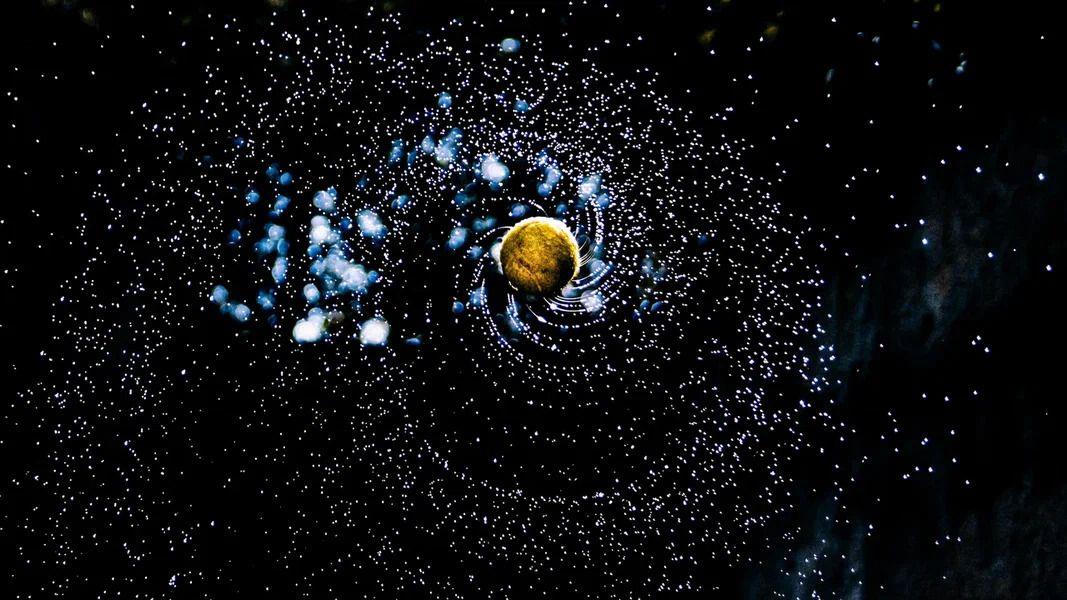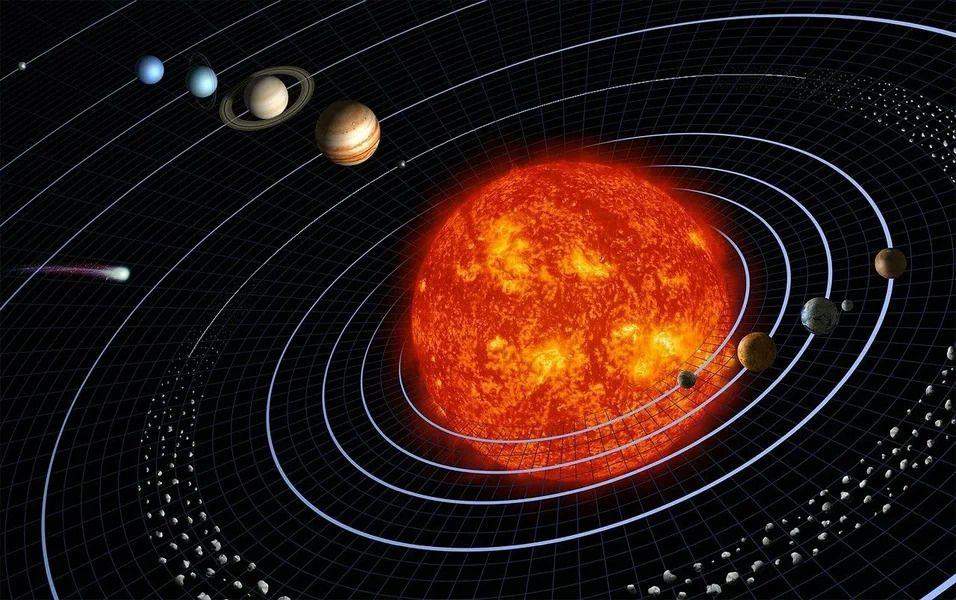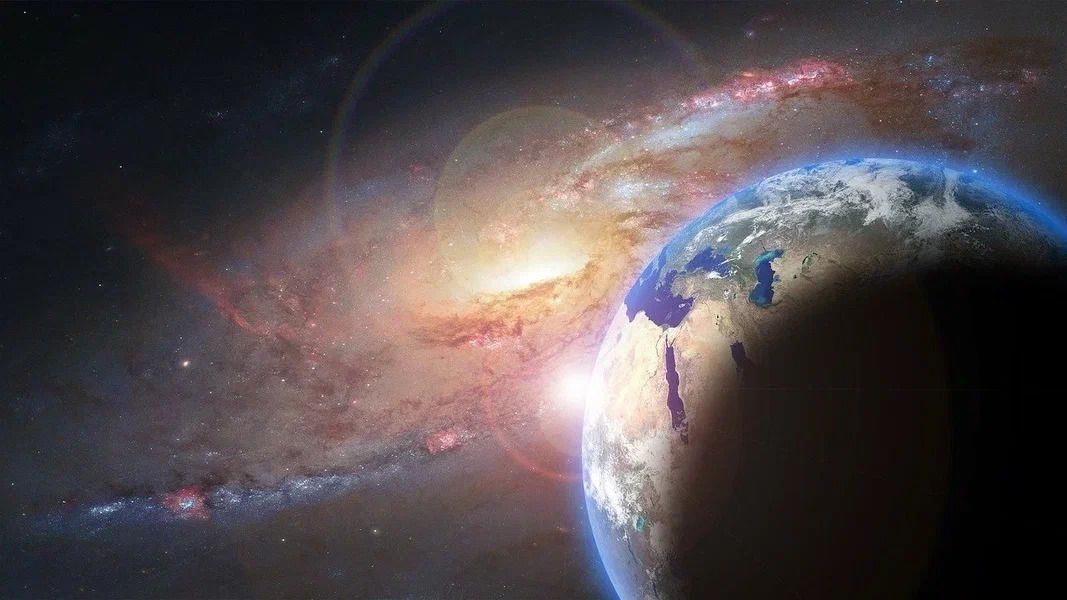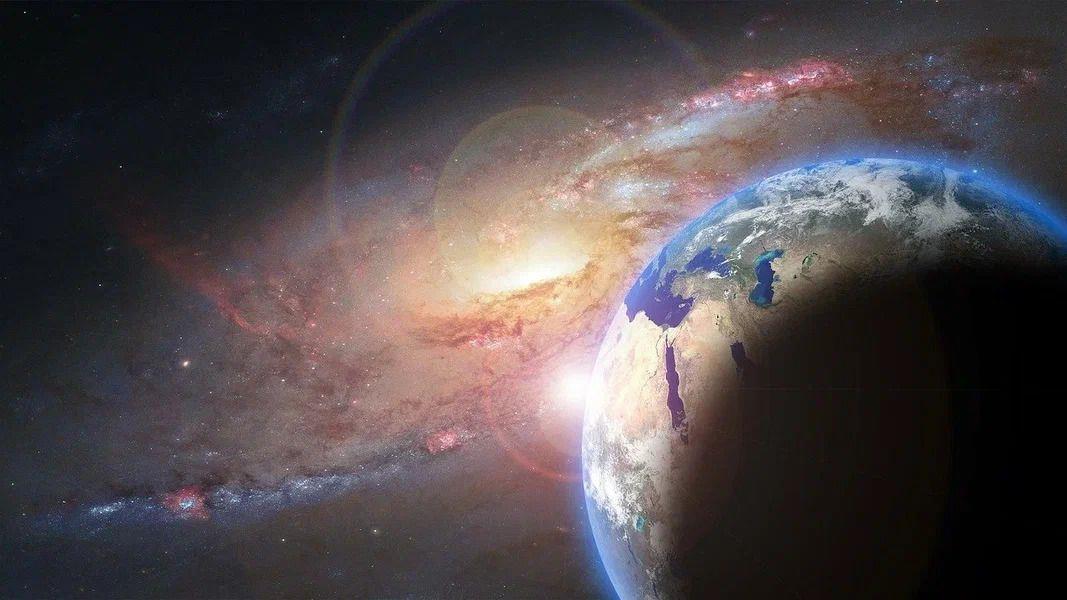
Moscow City University Explains Why Young People Have A Better Understanding Of How The World Works
By Karina Faizullina
Does the Sun go around the Earth or vice versa?
The Russian Public Opinion Research Center has published results of a study on scientific misconceptions of Russians, according to which one-third of respondents believe that the Sun orbits the Earth, while each fifth of them believe that dinosaurs lived side by side with cavemen. Middle-aged and elderly respondents gave the largest number of wrong answers, while young people showed their scientific literacy. Moscow City University explained why so many people in the world do not know simple facts and how this can be improved.
Earth orbits the Sun and not the other way around
The Russian Public Opinion Research Center (VCIOM) presented the survey results of residents about scientific facts - one in three thinks that the Sun orbits the Earth. Another 12% of respondents think that the planet revolves around the Sun in one month. Secondary school education can provide correct answers to simple questions about the structure of the world, says the head of the Robotics Competence Centre, a senior lecturer in the Department of Mathematics and Physics at Moscow City University Sergey Makeev, but astronomy as a school subject has only recently been introduced in Russia:
“Astronomy was no longer a compulsory subject in Russian schools in 1993, and only in 2017 was introduced in the high school curriculum. In a quarter of a century, an entire generation has grown up who have never been taught astronomy. Hence the shocking results of the survey”.
Now schools teach the basics of the universe in primary schools and astronomy in high school. But how children learn depends on the competence of their teachers says a teacher from MCU. In fact, there is no professional“teacher of astronomy”, and teachers of physics, mathematics, and computer science teach these lessons. They do not always have the necessary competence to do so.
Other misconceptions
The Pew Research Center conducted a survey of what Americans know about science. The research finds out that most Americans can answer basic questions about several scientific terms and concepts, like the layers of the Earth. But a few more complicated terms and applications are not well understood. 27% of respondents could not distinguish the definition of astronomy from astrology, and every fifth did not know that the ocean tides and the gravitation pull of the moon are connected. According to the Pew Research Center survey, levels of scientific knowledge are similar by age, although there are some differences in the scale of questions. On average, those aged 65 and older answered 7.1 out of 11 questions correctly, while those aged 18 to 29 answered 6.6 questions correctly.
Also, one in five Russians believes that prehistoric people could have lived at the same time as dinosaurs, according to the VCIOM research. The question 'Do you agree with the following statement: 'Radioactive milk can be made safe by boiling it?' was answered positively by 7% of respondents - in 2007 this figure was twice as high. Another 44% of respondents believe that genetically modified products cause cancer, compared to 67% in 2014. The survey results show that the general level of scientific literacy among Russians is increasing, although many continue to be misled about the rotation of the celestial bodies.
Scientific literacy
Elderly people who live in the countryside and are fond of television, while having obtained only a high school education - these are the characteristics of the Russians with a low level of scientific literacy. Scientists link the deterioration of cognitive abilities precisely with the constant TV watching - memory and judgment are deteriorating even among those who spend more than three hours a day in front of a screen, and modern retirees can switch channels all day long.
Young people have a high level of scientific literacy - more than 60% of respondents aged 18 to 24 answered all or almost all questions about the structure of the world correctly. Residents of large cities, who have higher education and often use the Internet, also know more scientific facts.
What to do?
The study by Moscow City University shows that there are many residents with a low level of scientific literacy. Events around the world confirm this - during the pandemic, societies of anti-vaccination, anti-mask-wearing, and covid restrictions have emerged. Anti-scientific views get in the way of education and are harmful to life and health.
'Even though we do not live in the Middle Ages, there is still a lot of anti-scientific knowledge - instead of the structure of the solar system, people know everything about the compatibility of the zodiac signs, numerology,' - notes Sergei Makeev. 'School lessons in high school and subsequent training at colleges and universities should increase the number of people with a high level of scientific literacy and teach them to think critically. Gradually, the percentage of those who answered such questions correctly will increase, which means that teachers and professors are doing everything right'.
--
Follow us on Twitter




Legal Disclaimer:
MENAFN provides the
information “as is” without warranty of any kind. We do not accept
any responsibility or liability for the accuracy, content, images,
videos, licenses, completeness, legality, or reliability of the information
contained in this article. If you have any complaints or copyright
issues related to this article, kindly contact the provider above.


















Comments
No comment